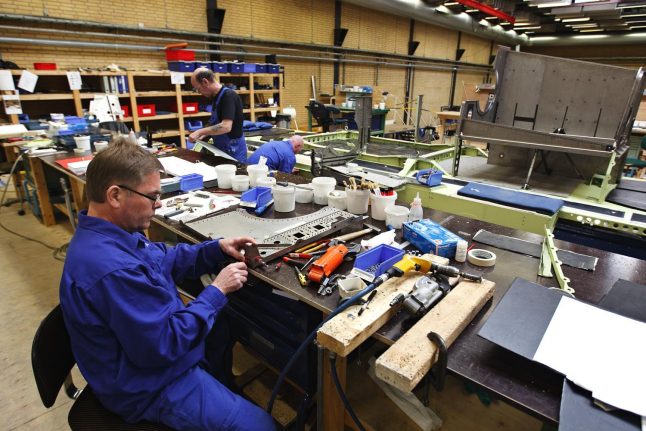While Poland is making a case for its foreign-based workers to return home, a Danish company that employs 32 nationalities needs even more, writes dibusiness.dk.
“I recently visited a big slaughterhouse in Horsens to meet some of the 400 Poles who are employed there, tell them about the opportunities and ask what it would take to get them to return home,” Poland’s ambassador to Denmark, Henryka Mościcka-Dendys, said in a recent article in newspaper Jyllands-Posten.
That article reports that Poland has launched an offensive to convince some of the nearly 40,000 Poles who work in Denmark to come back home.
“What Poland is doing is understandable, because just as Denmark needs more hands, unemployment in Poland has also become so low that it costs the country growth and welfare when workers go abroad. The same is the case in Germany, Romania and most other European countries, and it is a sign that things are going well for the majority,” says DI’s deputy director Steen Nielsen.
That is also the case at the company Terma, which has Danish offices in the towns of Lystrup, Herlev and Grenaa.
The number of employees at Terma has risen by over 300 since 2014, with just over 1,400 workers currently employed.
The company’s foreign employees come from a wide range of countries. In total, 32 different nationalities are represented.
“Like many other companies, we are also affected by the heightened competition for highly educated employees within IT and software development in particular. One of the ways we deal with this is through partnerships in Lithuania, Romania and Poland, where we hire locally. Moreover, we are opening a development centre in Atlanta, Georgia, where we have partnered with the Georgia Tech Research Institute,” said Terma’s communications director Kasper Rasmussen.
For hourly paid jobs, Terma has successfully been able to recruit locally and take care of training of new employees themselves. This is the case both in Lystrup and particularly in the company’s department in Grenaa, which has increased the number of employees by around 100 over the past 18 months.
Nielsen said that he is pleased that Terma is still able to recruit Danes, but emphasised that for hourly paid jobs in certain trades, it is still necessary to ease access for international employees from countries outside the EU.
“We should therefore include skilled workers such as smiths, electricians, industrial technicians, toolmakers and mechanics among the professions in which it is possible to get jobs in Denmark, even if they do not receive as high wages as the pay limit scheme stipulates,” Nielsen said.
He believes that more foreigners will be needed for all job types.
“There is most need for the highly skilled, but there is also a lack of both skilled and unskilled workers, and a need for more hands in practically all fields. We therefore ought to look at how we can attract qualified foreigners rather than how we can keep them out,” he said.
READ ALSO: Danish labour market under maximum pressure: report




 Please whitelist us to continue reading.
Please whitelist us to continue reading.